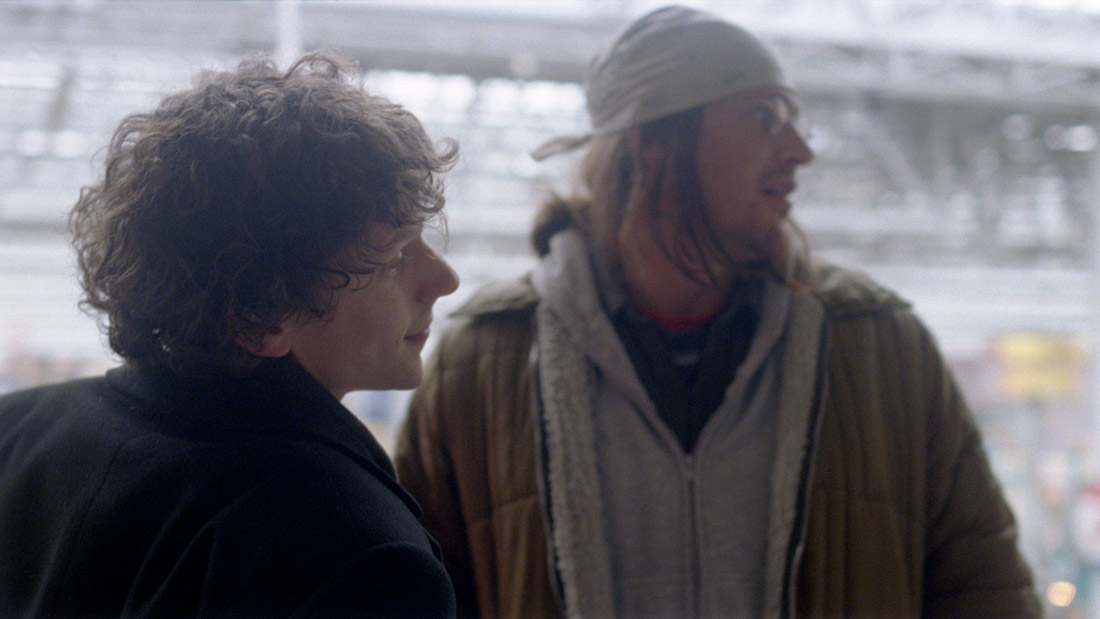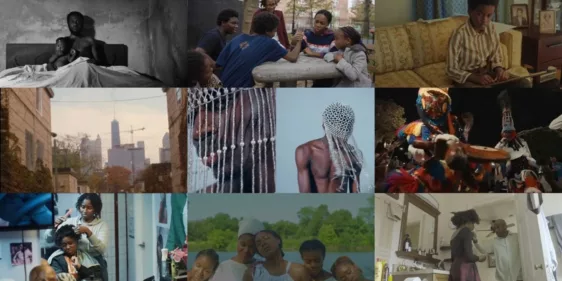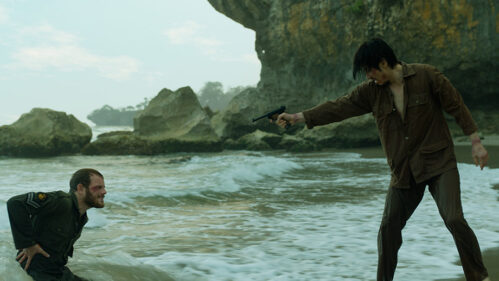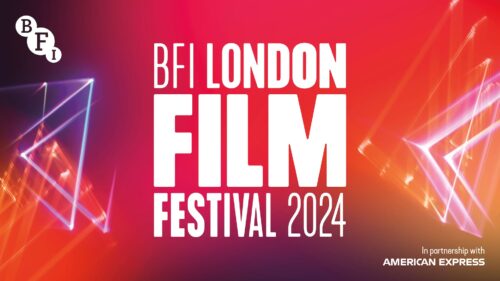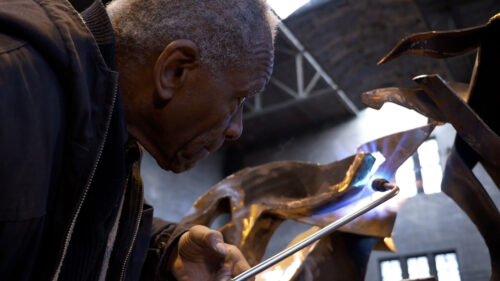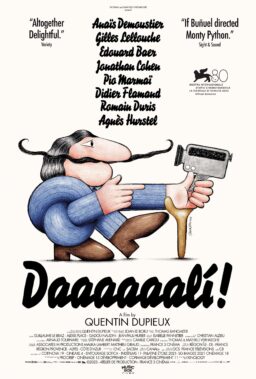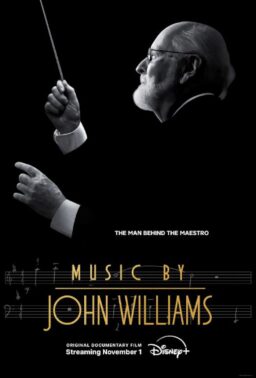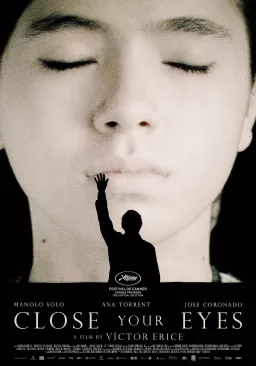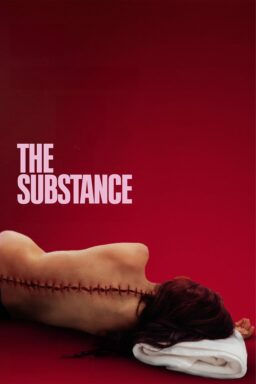There's a scene halfway through James Ponsoldt's excellent "The
End of the Tour" in which writer David Foster Wallace (Jason Segel) discusses
his most common demographic—mostly men, mostly young. In 1996, which is when
this scene takes place, I was that
demographic. I carried around "Infinite Jest," Wallace's breakthrough book
across my college campus and was either laughed at or cheered for lugging a
three-pound, nearly-1,100 page book to class. Wallace struck a nerve in the
mid-‘90s for thousands of literature fans looking for the "voice of their
generation." Even if he never quite became that (because no one did), Wallace
carved out a loyal, appreciative fan base, of which I must reveal I would have
carried a card as a member if someone had printed them. In 2008, when Wallace
killed himself, I was angry. It didn't dawn on me that we had read the last of
his work. I didn't consider that possibility. It felt selfish to take such a
gift away from his fans.
My concern as a fan was that "The End
of the Tour" would attempt to "explain" why Wallace killed himself, the origin of his genius, or even the more hard-to-manage sides of his personality. Defining genius or tragedy are common routes to bad screenwriting. This is not that film. Working from a memoir by David Lipsky (played by Jesse Eisenberg in the film), Ponsoldt and writer
Donald Margulies use a few crucial days of interaction between two writers to examine
how genius, shyness and egocentrism can intersect, often in the same moment, without directly placing labels on any of them.
The Wallace captured here is a man who only a year before derided all that is
popular and "hot" only to become that himself. And as his literary star rose,
he fought to hold on to the "normal life" he led. He was undeniably the
smartest man in many a room he occupied, and yet, at least this version of him,
refuses to embrace that, retreating into his average guy persona that really
just protects him from his own insecurities and distrust.
"The End of the Tour" opens in 2008, as Lipsky hears of the
death of Wallace. He pulls out the old tapes of his interviews (having to
vulture batteries from his toothbrush to put in an old recorder) and the bulk
of the film takes place in 1996, when Lipsky worked for Rolling Stone and convinced his editor to expense an interview with
the writer recently deemed the most important in his field. Lipsky travels to
Wallace's nondescript home on a traffic-filled road, where he meets two
rambunctious dogs, tries to chew tobacco for the first time, and notes that the
place looks like a frat house. Is this how the voice of a generation lives? For
the next five days, Wallace and Lipsky talk…and talk…and talk. "The End of the
Tour" is very comparable to Richard Linklater's "Before" movies in the way that
its greatest pleasures come not from narrative but discussion, and in how both
films present chance encounters as life-shaping events.
From their first meeting, both Davids are nervously sizing
each other up. Wallace is convinced that Lipsky is going to turn his words
against him, always commenting on how the journalist can shape the narrative as
he pleases. Lipsky recognizes Wallace's talent and feels the pressure to really
capture something special given how rarely his publication interviews authors.
On the other hand, Lipsky is a published author himself, with a girlfriend
(Anna Chlumsky) who may have a bigger crush on DFW than Lipsky. And so there's
a bit of intellectual gamesmanship going on in these conversations, trying to
get closer to one another while not giving each other the upper hand.
Most of the joy of "The End of the Tour" comes in these carefully-constructed
and yet seemingly casual conversations that often diverge into what may feel
like tangents—I love that the gentlemen discuss the virtues of Alanis
Morissette, go and excitedly see "Broken Arrow," and just enjoy each other's
company—but regularly return to fascinating discussion topics. When Wallace
comments that he doesn't know if he can trust women he meets on his book tour
as to whether or not they're into him or his fame, Lipsky says, "Reading you is another way of knowing you."
Do we really "know" the authors we adore through their work? I don't think
Wallace agrees. And I'm not sure Lipsky would by the end of the film. It's just
one conversation-starting example in Margulies' stunning screenplay, a gift of highly intellectual discussion between two brilliant people at turning points in their lives.
How could someone who wants to be so ordinary write
something as brilliant as "Infinite Jest"? It can be difficult for people to comprehend the
everyday normalcy of people who produce works of art. And Wallace didn't
exactly make himself open to the public, always concerned about the agendas of
those around him and even his own reasons for wanting, or not wanting, fame. He's
a man who wants to be in Rolling Stone
but doesn't want to want to be in Rolling
Stone.
At first, Segel's performance feels a bit mannered, but he settles
into Wallace with a depth of character I did not think he had. He's always been
a solid character actor, but there's a deep blend of insecurity, melancholy,
and remarkably intelligence in this performance. Eisenberg nearly matches him.
Ten minutes into the film, it's hard to imagine it cast any other way. And the film is really theirs and theirs alone, despite some brief supporting turns by Joan Cusack and Mamie Gummer.
Even though I've loved his previous works, when I heard Ponsoldt was directing a film about David
Foster Wallace, I was apprehensive. I wasn't sure it was the right fit of
director and material. I was wrong. So many other filmmakers would have
amplified Wallace's perceived misanthropy and delivered a cynical film about
writing and writers. Ponsoldt loves his characters, and that likability softens
the edges, without allowing the film to ever turn maudlin or sentimental. It is
a film about incredibly smart people made by incredibly smart people, and that
embrace of not just intellectual pursuit but what the chase does to you is what
elevates it into the best film of the first few days of Sundance 2015.


